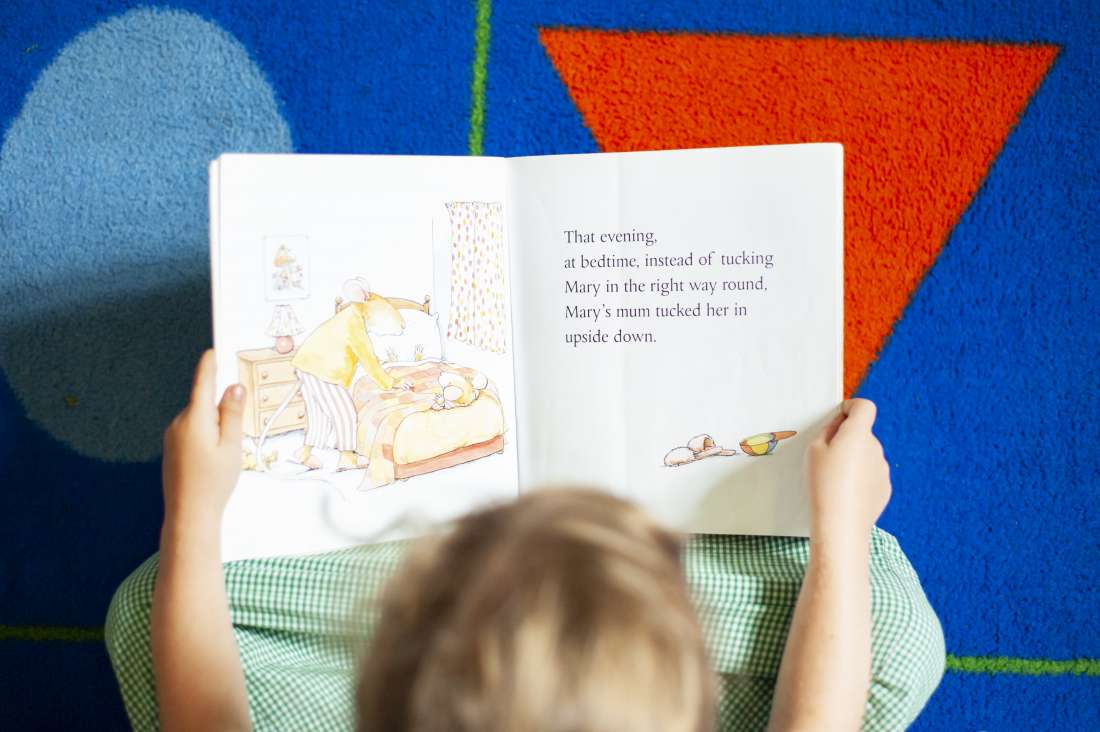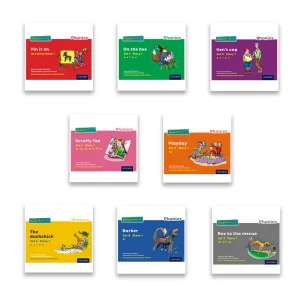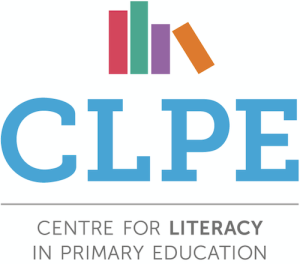Reading

Reading
Reading
At St John’s we aim to ignite a love of reading in all of our pupils.
Reading in KS1
In KS1, children begin the Read Write Inc. reading program. Children are grouped according to their reading level, based on regular assessments.This ensures that each group reads books that are closely matched to their phonic knowledge and decoding ability. Guided reading sessions take place daily and follow a structured routine.
Each book is read multiple times during the week, with a different focus each time. The first read focuses on decoding and blending words, the second read focuses on developing fluency and expression, and the third read focuses on comprehension and discussion.
Each session includes discussion of new vocabulary, story content, characters, and key events. Children are taught to answer comprehension questions using evidence from the text. Children often read with a partner, taking turns and helping each other. This develops cooperation, confidence, and deeper understanding of the text.
 Reading in KS2
Reading in KS2
In KS2, children participate in whole class reading sessions. These sessions are built around CLPE class texts which are high-quality, diverse pieces of children’s literature. Teachers use these texts to explicitly teach reading skills.
Each session includes:
- Modelled reading by the teacher or fluent readers to demonstrate intonation and expression
- Shared reading, where the class reads sections together or follows as the teacher reads
- Vocabulary exploration, introducing and clarifying unfamiliar words
- Targeted questioning, linked to specific reading domains (see below)
- Written and verbal responses, giving pupils the opportunity to explain, infer, summarise, and justify their thinking
 The reading content domains from the National Curriculum form the foundation of our teaching and assessment. They guide the types of questions and skills we focus on:
The reading content domains from the National Curriculum form the foundation of our teaching and assessment. They guide the types of questions and skills we focus on:
- 2a – Give/explain the meaning of words in context
- 2b – Retrieve and record information / identify key details from fiction and non-fiction
- 2c – Summarise main ideas from more than one paragraph
- 2d – Make inferences from the text / explain and justify inferences with evidence
- 2e – Predict what might happen from details stated and implied
- 2f – Identify/explain how information/narrative content is related and contributes to meaning as a whole
- 2g – Identify/explain how meaning is enhanced through choice of words and phrases
Whole class reading allows all pupils to access rich texts, with support provided through scaffolded questioning, paired discussion, and pre-teaching of vocabulary where necessary.
Reading for Pleasure
Children choose their own books from class reading corners for reading for pleasure sessions. Class teachers have timetabled story time, where they read aloud to their class.

